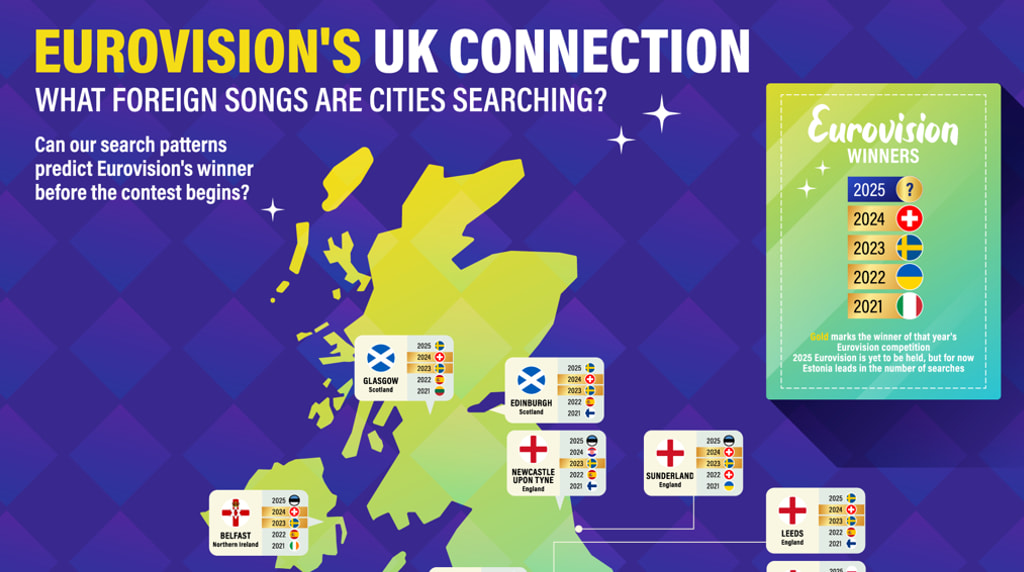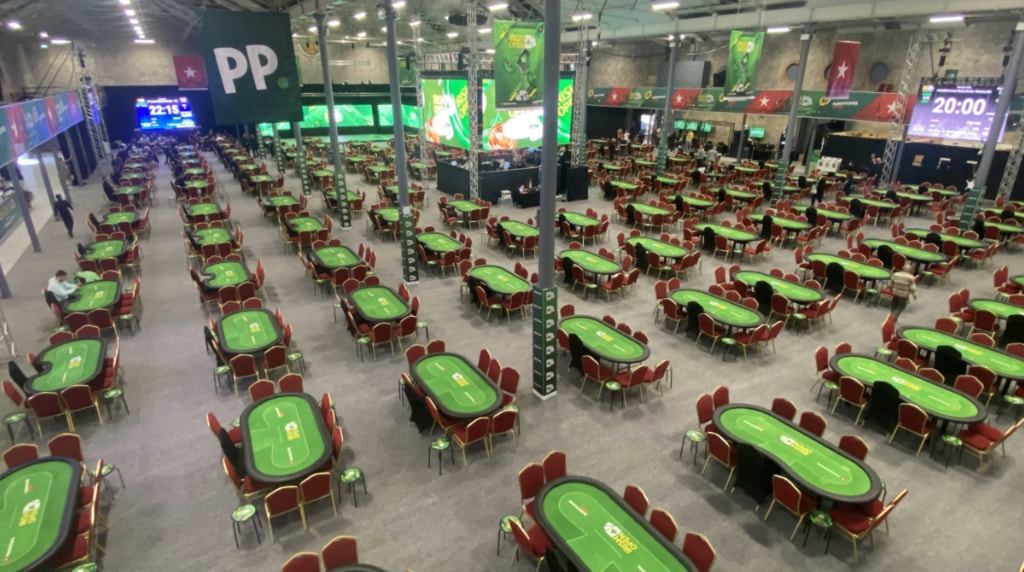GREF backed by multiple European gambling regulators after a statement on illegal gambling
Towards the end of last month, the Gaming Regulators European Forum (GREF) released a statement promulgating the intent to increase player safety in the regulated gambling markets targeted by illegal gambling operators. Since GREF released the statement, a number of gambling authorities from various jurisdictions have responded positively and committed to cooperating and doing whatever is necessary to take the next step in the battle against unlicensed operators across the European continent.

GREF has been backed by multiple European gambling regulators after a statement on illegal gambling.
©Markus Spiske/Unsplash
GREF was established after 16 gambling authorities from six European countries met at The Hague in the Netherlands in September 1989. The gambling regulators in the meeting represented Denmark, France, Netherlands, Portugal, Spain, and the United Kingdom. The Gaming Board of Great Britain and the Board for Casino Games in the Netherlands initiated this meeting in which the creation of a European forum was considered quintessential. That is how GREF was formed. After its formation, the entity has always provided a forum where all the official gambling authorities of Europe meet, engage in discussions, and exchange the necessary information that helps increase the overall standard of gambling and player safety in the regulated gambling markets of Europe. Additionally, on certain occasions, after the agreement of all participants, GREF can present different perspectives of all European gambling authorities and acts like a central hub that collects inquiries from all European regulators. The forum has no limitations, as any official European gambling regulatory authority can be a representative.
42 European gambling authorities are associate members of GREF. All the European regulatory authorities are active participants in the ongoing battle against illegal gambling operators. According to GREF, many European gambling regulators have achieved new feats in increasing player safety and raising the standard of iGaming. However, the constant presence of illegal operators and illegal gambling threatens this progress and eventual achievements. Licensed gambling operators of a particular jurisdiction are obligated to follow specific gambling laws that have been imposed by the gambling regulator of that particular jurisdiction. If an operator fails to comply with the gambling law, it receives a hefty fine, and a repeated violation will put its gambling permit at stake. Under these gambling laws are directives that help operators increase the safety of players who are joining their respective platforms. However, if a player proceeds to gamble on an unlicensed website in that particular jurisdiction, they cannot legally do anything against that particular operator if a problematic issue like fraud arises. Hence, there is no player protection on unlicensed gambling domains.
In the statement released recently by GREF, it has encouraged gambling regulators to work hand-in-hand with each other and go to their maximum limit in an effort to eradicate the concern of illegal operators. According to the forum, increased cooperation among all European gambling regulators will benefit the regulated gambling markets of all jurisdictions in Europe. Several gambling authorities like Kansspelautoriteit (KSA), Spelinspektionen, L’Autorité Nationale des Jeux (ANJ), and more have backed the forum’s statement and are working on measures and methods that could keep illegal operators at bay. All aforementioned regulators have come across illegal gambling operators in the past. Massive fines have been issued, and Internet Service Providers (ISPs) and payment service providers have been requested to block access and payments to domains that are not owned by a licensed operator. The 42 gambling authorities that are a part of GREF are constantly looking for better and quicker measures to gain an upper hand in this battle.
GREF’s declaration of regulators and illegal gambling concerns
In the declaration published by GREF, the forum explained how each gambling authority had its own unique regulatory framework and how despite that, the ultimate objective of each regulator was the same.
“In light of these considerations, we commit ourselves today to working together against illegal gambling, in order to ensure effective implementation of our national regulations. This joint action will result in increased cooperation in the fight against illegal operators particularly through meetings on a regular basis, the exchange of information, alerts, expertise, best practices and joint actions against illegal sites. This joint action will enable us to better identify and minimize illegal gambling activities, while acknowledging that each regulator remains free to define what amounts to illegal gambling and to use the enforcement tools provided by its own national regulatory framework.”
“We expect that this common action will enable a constructive dialogue with online platforms, including social media platforms. We also expect that this common action will raise consumer awareness regarding the risks associated with illegal gambling.”
The recent detections, fines, and blocking of illegal operators
The gambling authorities of every jurisdiction where the gambling market is regulated must remain vigilant. Even after detecting, fining, and banning multiple illegal websites, there is always a wave of new unlicensed operators that tries to get into these gambling markets, targeting the vulnerable. In January this year, the Dutch Gambling Authority (KSA) detected Shark77’s unlicensed iGaming activity in its jurisdiction. As a result, the KSA issued a massive €900,000 fine on the operator, which was under the impression that its Maltese gambling license would make it a legal entity in the Netherlands. A month later, the Danish Gambling Authority (Spillemyndigheden) revealed that it had won a court case against a gambling operator who was offering bingo and banko services without a valid permit. Winning the case made the undisclosed illegal operator liable to pay a fine of almost €2000.
In Germany, the Gemeinsame Glücksspielbehörde der Länder (GGL) took complete charge of the regulated gambling market of Germany and became the nation’s first central gambling regulator. Like other regulators, GGL is also vigilant and quick to detect unusual and unlicensed gambling activity. Germany is one of those European countries where gambling advertising and marketing laws are extremely stringent. When a renowned streamer was found promoting gambling on his official streaming channels, GGL quickly contacted the individual and asked him to cease the activity. After repeated violations, the regulator imposed a fine of €480,000. In September 2022, the Swedish Gambling Authority published a list of almost 30 gambling operators who were banned from offering their services in the country because none of them held a Spelinspektionen-issued gambling license.



